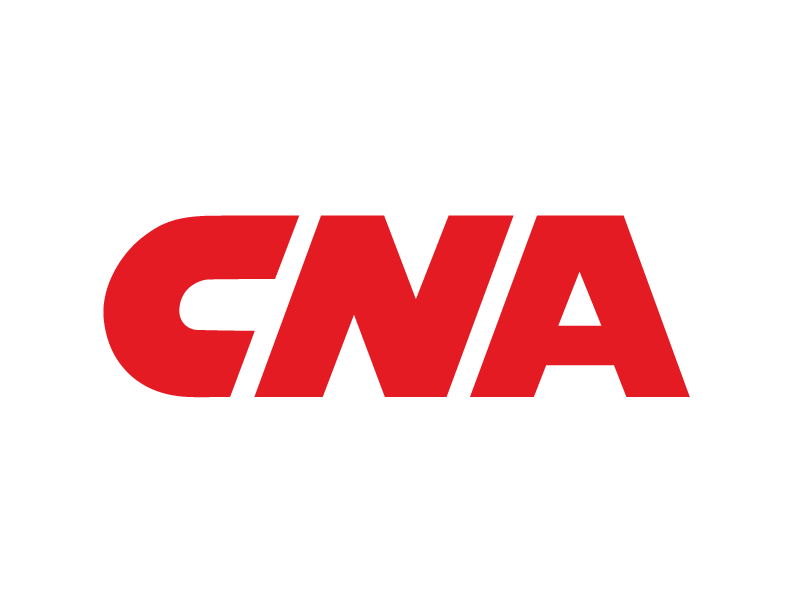Insurance Fraud: A $300+ Billion Problem
The impact of insurance fraud on the U.S. economy is staggering. A recent study by the Coalition Against Insurance Fraud estimated the total figure at $308.6 billion, including $79 billion annually from property and casualty or workers’ compensation claims. While these total numbers are no surprise to CNA, they do place a spotlight on the magnitude of the issue.
Fraud is not just an insurance problem; it’s a business problem. And its vast extent threatens the viability of businesses and the livelihoods of employees and their families.
Who is behind the fraud?
Let’s start by identifying some perpetrators of fraudulent schemes. The most basic level of insurance fraud involves people who have a minor accident, such as a low-impact vehicle collision or a muscle strain at work, and exploit the opportunity by exaggerating the extent of their injury or alleging they are disabled. To increase the value of the claim, the fraudster might submit altered or falsified documents such as receipts for damaged property or alleged wage documentation. Fraudulent claimants often demand a quick settlement by escalating complaints to senior company leaders and threatening to go to the media. These actions are intended to discourage full investigations into the details of the loss and backgrounds of the claimants, who often have submitted numerous similar claims in the past.
Most people may not recognize just how much fraud is perpetrated by criminal organizations. Organized crime typically conjures up images of violent gangsters, but insurance fraud presents a lucrative opportunity for criminal enterprises to pursue schemes that often do not receive enough attention from law enforcement.
The organized element involves typically sophisticated efforts to identify potential claimants or patients. This is carried out by recruiters known in the industry as “runners” or “cappers,” who then refer the future claimants to unscrupulous attorneys or medical providers. Rather than actually seeking appropriate medical care, these orchestrated schemes are focused on maximizing billing through services either not rendered or not medically necessary.
A typical scheme could include an initial examination of a patient, followed by referrals to numerous other medical providers (often for an illegal kickback arrangement). The patient is then sent to a variety of specialists for services such as electro-diagnostic testing, physical therapy, acupuncture, chiropractic, pharmaceutical or compound medication prescription, and durable medical equipment disbursement. While there are appropriate uses for all of these medical disciplines, the organized scheme leverages them for medically unnecessary treatment with a sole goal of obtaining revenue.
What can we do to fight fraud?
By definition, fraud is a material misrepresentation in order to receive benefits that are not legally owed. It thrives through misinformation and deception related to facts and often identities, so it’s vital to quickly “freeze” the facts and confirm the identities of the involved party or parties. Only through early intervention can witnesses be fully identified and evidence such as video surveillance be preserved.
It is also critical to leverage all the investigative resources at your disposal. Losses should be reported to your insurance carrier as soon as possible, so the claim professional can help initiate the investigative response. As suspect behavior or potential fraud is identified, the insurance carrier can utilize dedicated anti-fraud experts from their Special Investigations Unit to help leverage resources and capabilities such as advanced interviewing and investigative techniques or utilizing public record database and social media research. As fraud is identified, many states have mandatory reporting requirements to law enforcement or dedicated state fraud bureaus that evaluate the referrals for possible criminal prosecution.
How does CNA respond?
At CNA, we understand the scope of the problem and care deeply about addressing it. Our Claims professionals are committed to fighting fraud on a daily basis, and CNA has made significant investments in talent, technology tools, predictive analytics and strategic leadership Check out the links below to learn more.
If you have questions or would like to learn more, please contact Steven Piper, CNA's Global Head of Special Investigations, at steven.piper@cna.com.
One or more of the CNA companies provide the products and/or services described. The information is intended to present a general overview for illustrative purposes only. Read CNA’s General Disclaimer.
